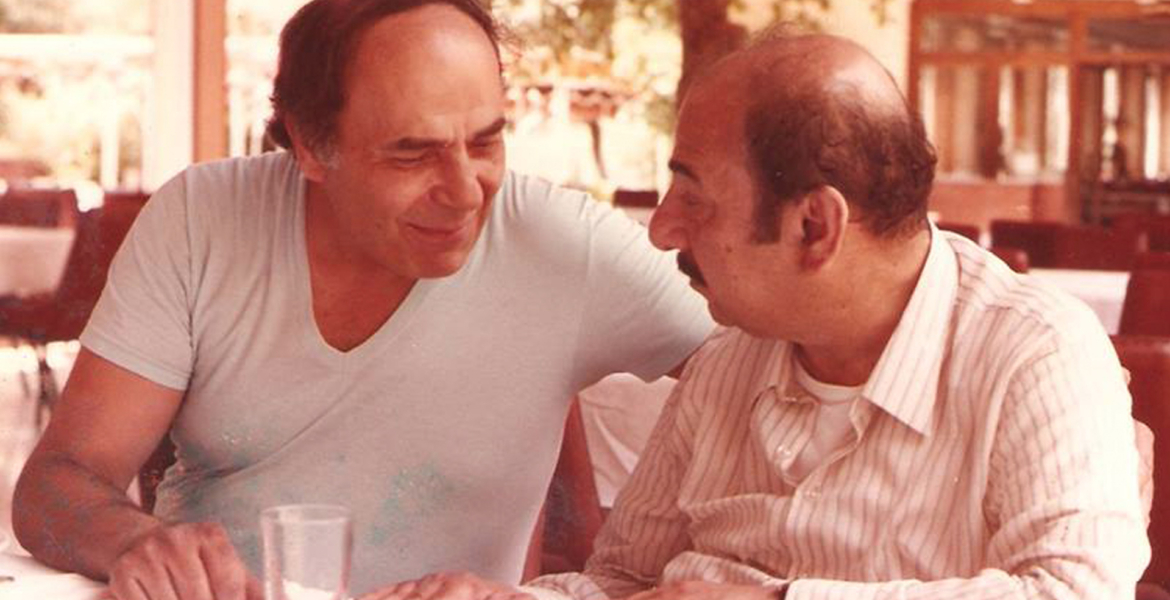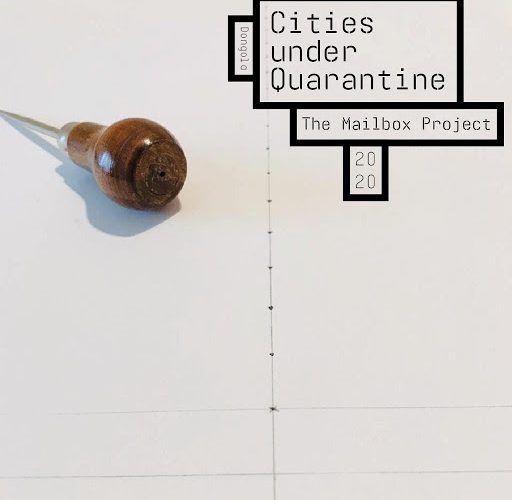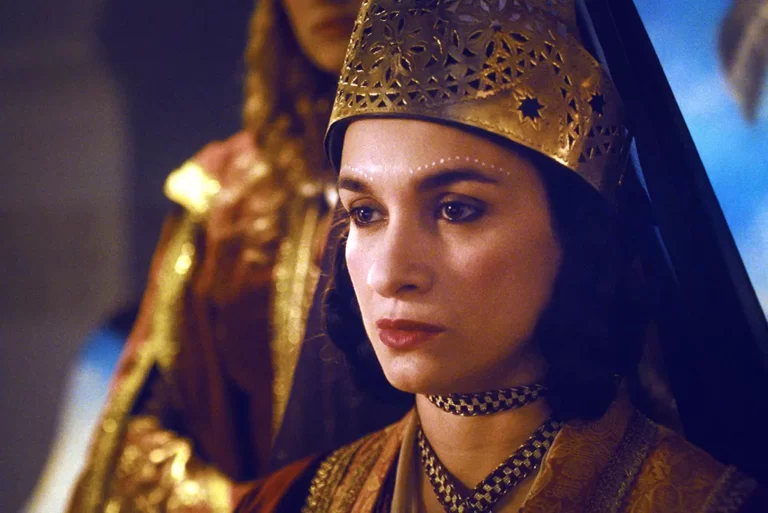Arts & Culture
2.7.2024
Rahbani brothers: The duo behind Fairouz and the golden age of music in Lebanon

The Rahbani brothers, in collaboration with Fairuz, endowed Lebanon with a global cultural appeal and influence. Here’s how the adventure unfolded.
Difficult beginnings
The Rahbani brothers, Assi and Mansour, were born into a musical environment thanks to their father’s mastery of the buzuk. Their formative years were enveloped by the pastoral sounds and rhythms of village life in Antelias, in Lebanon’s Metn district, surrounded by all manner of folk arts such as the art of zajal. This upbringing instilled in them an affinity for music and poetry, paving the way for their future endeavours.
Later, the Rahbani brothers began to receive a somewhat formal musical education under the tutelage of a clerical association of young men in a local church in their native village in Mount Lebanon. Mansour and Assi’s musical activities gradually began to increase, performing in plays and choirs in theatres in their region. But the brothers had to take on other jobs to help their family make ends meet. In Beirut, the brothers worked as policemen, but eventually became stationers for a Beirut-based radio station. There they met Halim El Roumi, a leading figure in Lebanese music, to whom they proposed their own creations.
View this post on Instagram
Halim El Roumi, who was running the Lebanese radio station at the time, had already met the young Nouhad Haddad, better known as Fairuz, and taken her under his tutelage. Shortly afterwards, Halim El Roumi introduced Fairuz to the Rahbani brothers. This meeting between Fairuz and the two brothers, and in particular Assi Rahbani, was to pave the way for the most significant artistic movement in Lebanese music, as the two married in 1951.
A remarkable collaboration
The rising star and the Rahbani brothers continued to collaborate, and the latter, particularly Assi, began to compose songs for Fairuz. These songs became increasingly popular not only in Lebanon, but throughout the Arab world. Fairuz gave her first long concert at the Baalbeck Festival in 1957. This festival cemented his image and that of the Rahbani brothers as icons of Lebanese music, as the trio’s appearance at the festival became a regular occurrence. The importance of their presence at this festival is also due to the importance attached to it by the Lebanese government. Created in 1955 by President Camille Chamoun, the main aim of the Baalbeck festival was to cement and promote Lebanese culture in Lebanon and abroad.
View this post on Instagram
The Rahbani brothers come from a rural background, steeped in the country’s rural folklore. They therefore produced music in the Lebanese dialect, at a time when people preferred to hear or produce traditional music in classical Arabic. But the Rahbani brothers added their mark by incorporating Western musical instruments into the traditional Arabic instruments used for performances and folk music. Soon the Rahbani brothers, with Fairuz as their main performer, began to produce more popular and romantic songs, which led to the export of their work, Fairuz’s voice, the music and the Lebanese dialect to all the other Arab countries, as well as to Europe and the Americas, where there is a large historical Lebanese diaspora. Their music often evokes feelings of nostalgia, a sentiment still evoked today by young Arabs who continue to discover their music.
The golden collaboration was interrupted when Assi Rahbani suffered a stroke in 1972 and remained in a vegetative state until his death 14 years later. 3 years after Assi’s stroke, civil war broke out in the country, dampening the country’s artistic scene. During this period of crisis, the successes of Fairuz and the Rahbani brothers proved to be a symbol of cultural unity at a time when societal divisions were at their height. At the same time, Fairuz and Assi’s son, Ziad Rahbani, also became a rising figure in Lebanese music.
popular

